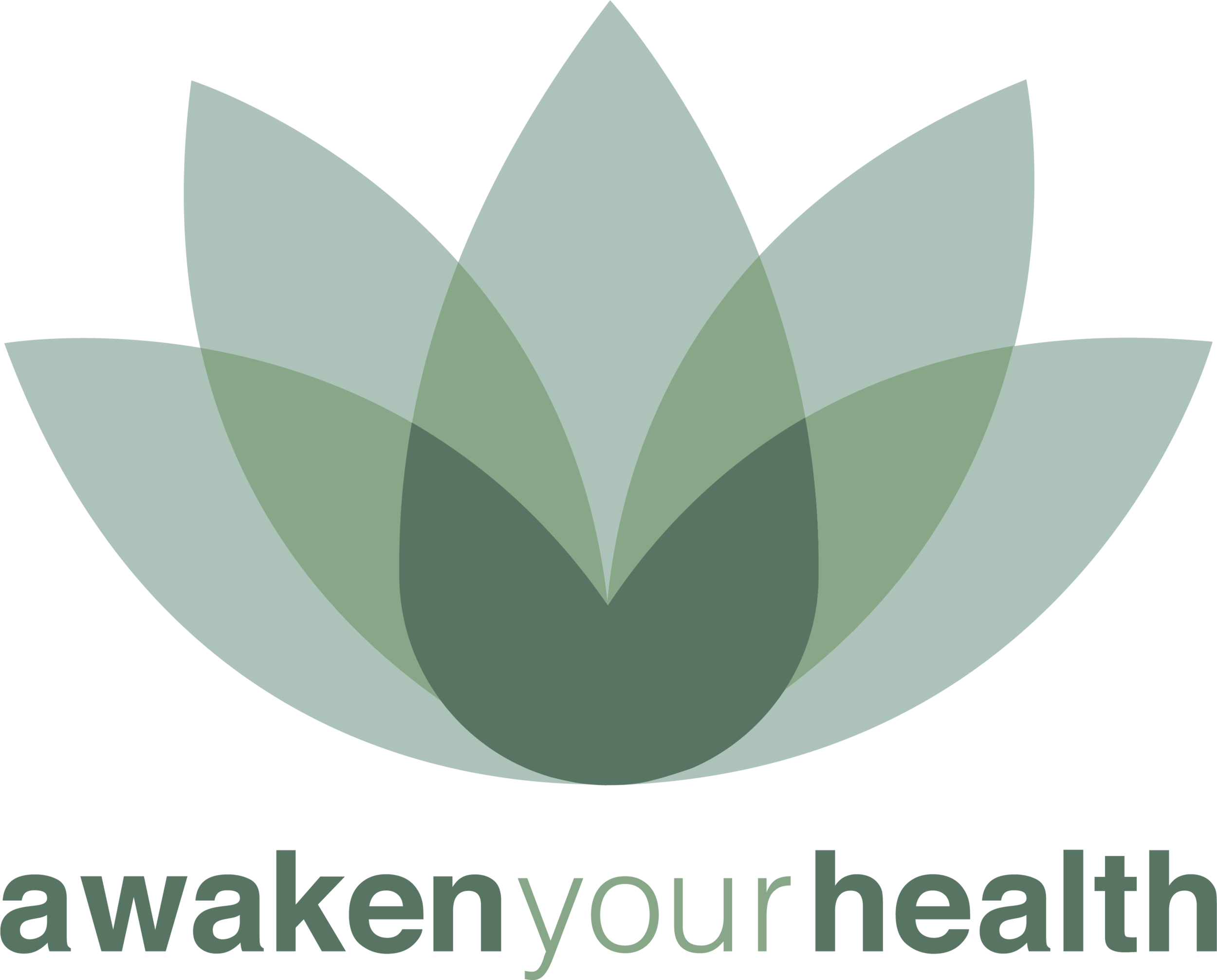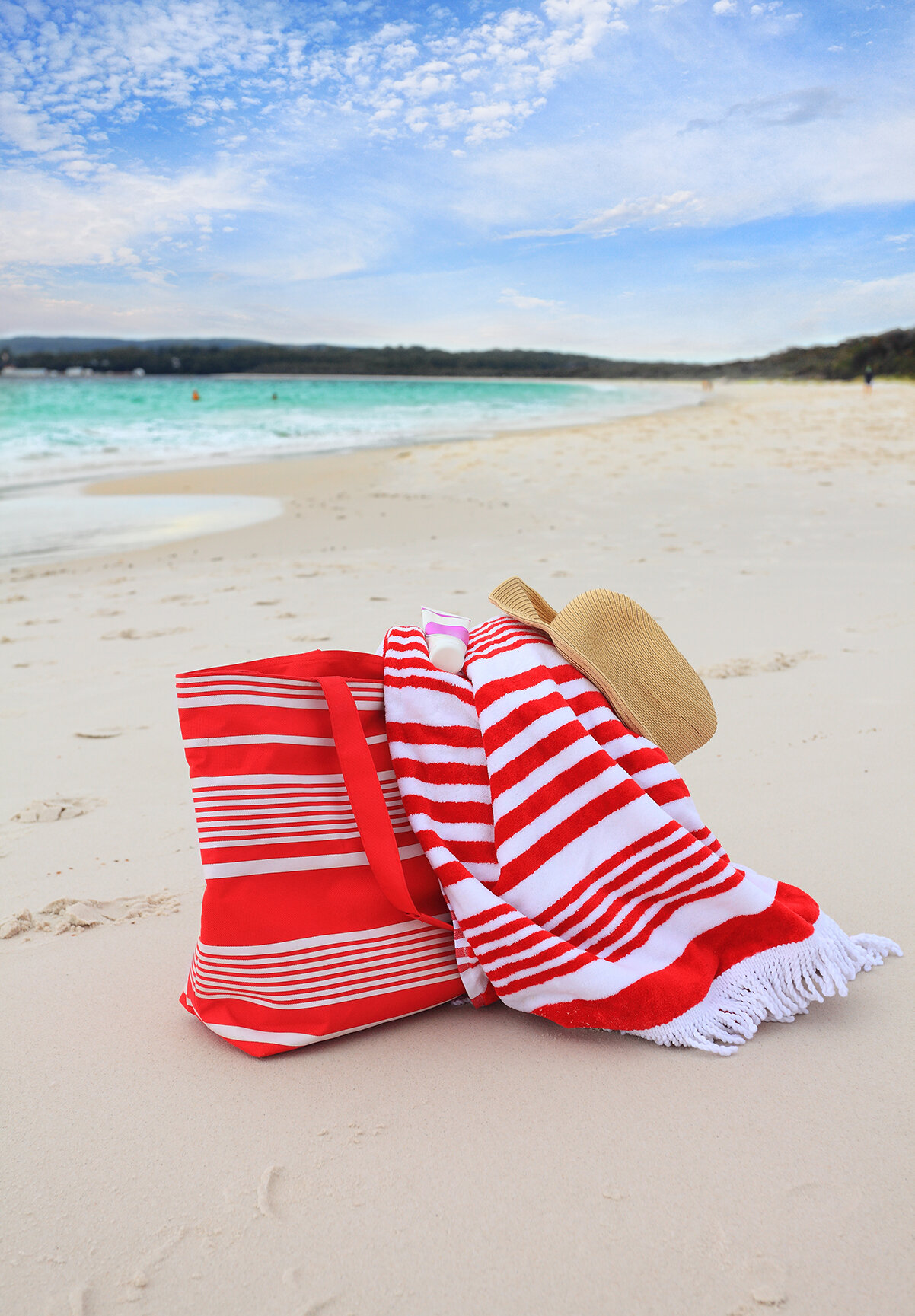CHOOSING THE RIGHT SUNSCREEN FOR YOUR FAMILY
Australia has some of the highest rates of skin cancer in the world, so protecting our skin is a no brainer. However, with many of our sunscreens containing hazardous chemicals, it can be challenging to know how to protect yourself.
The simplest non-toxic way to protect yourself and your family is to be sun smart:
A hat and sunnies are not-negotiable for all ages, so have fun with them!
Wear long sleeves if you are in the sunlight. Natural fibres like organic cotton, linen and cheesecloth work well, as does a classy rash top.
If setting up at a beach or somewhere in full sun, use an umbrella for shade.
Avoid long exposures to the direct sun between 10 am - 3 pm. However, very short 'non-reddening' exposures for 10-15 minutes maximum have been shown to be helpful to make adequate Vitamin D. Use your discernment as to how much is enough for your own skin and the sort of sun it can handle.
When it comes to choosing toxin-free sun protection products, avoid chemical sunscreen ingredients (such as oxybenzene, octylmethoxycinnamate, plus preservatives such as methylisothiazolinone) as these have been shown to penetrate the skin contributing to allergic skin reactions and wider adverse health impacts such as hormonal disturbance. No thanks! Look for sunscreens containing physical sunblocks such as Zinc Oxide which blocks and reflects UVA + UVB rays, protecting the skin from the sun without causing skin irritation or absorbing into the bloodstream.
It's important to be aware of the dangers associated with some conventional sunscreen, as many contain potentially harmful chemicals which may be absorbed directly into the bloodstream. Here are some common nasties to avoid:
Chemical UV filters and preservatives
UV filters, such as dioxybenzone and oxybenzone, and preservatives, such as propyl hydroxybenzoate and diazolindinylurea, are absorbed in small amounts through the skin and into the bloodstream. They can accumulate in our blood, fat and even breastmilk. Top Scientists from the Centre for Disease Control and Prevention in the USA (1) published results from a National survey of 2500 people showing how readily oxybenzone absorbs through the skin and into the bloodstream of children and adults: its metabolite was found in the urine of 97% of the 2500 people tested. The fact that nearly all people studied were contaminated with the chemical oxybenzone is concerning, as oxybenzone has been demonstrated in both humans and animals to irritate the skin, disrupt hormone function and potentially lead to free-radical cell damage on the skin - contributing to cancer risk.
Calafat AM, et al. Concentrations of the sunscreen agent benzophenone-3 in residents of the United States: National Health and Nutrition Examination Survey 2003--2004. Environ Health Perspect. 2008;116(7):893–897.
Nanoparticles
Up to 70% of sunscreens on the market contain tiny microscopic ingredients - aluminium, titanium and silica - which allows for the sunscreen to have a less 'greasy' feel. There is some concern with these nanoparticles that their tiny size allows them to cross the skin barrier and enter the bloodstream, with potential for harm.
Spray sunscreens
Inhaling spray sunscreens only magnifies the risks associated with conventional sunscreens, because these tiny nano-chemicals can be absorbed readily and rapidly via the mucous membrane of the lungs. As you can imagine, spray sunscreens are even more harmful to children and babies and should be avoided altogether.
It's not all bad news however, as there are some very effective mineral-based sunscreens that can provide you with sun protection while keeping your ‘body burden’ to a minimum. Zinc oxide, in particular, is now available as an invisible form, so you don't have to look like a 1980's lifeguard!
Most of the broad-spectrum, non-chemical sunscreen brands use 22-25% Zinc Oxide and also contain natural oils, aloe vera plus antioxidants, such as Vitamin E, in their formulations to nourish the skin and add further antioxidant protection from sun damage.
These natural sunscreens we stock in the clinic for your convenience:
Little Urchin sunscreen
Soleo Organics all natural sunscreen
You can also find a good range of natural sunscreens at these online stores:



